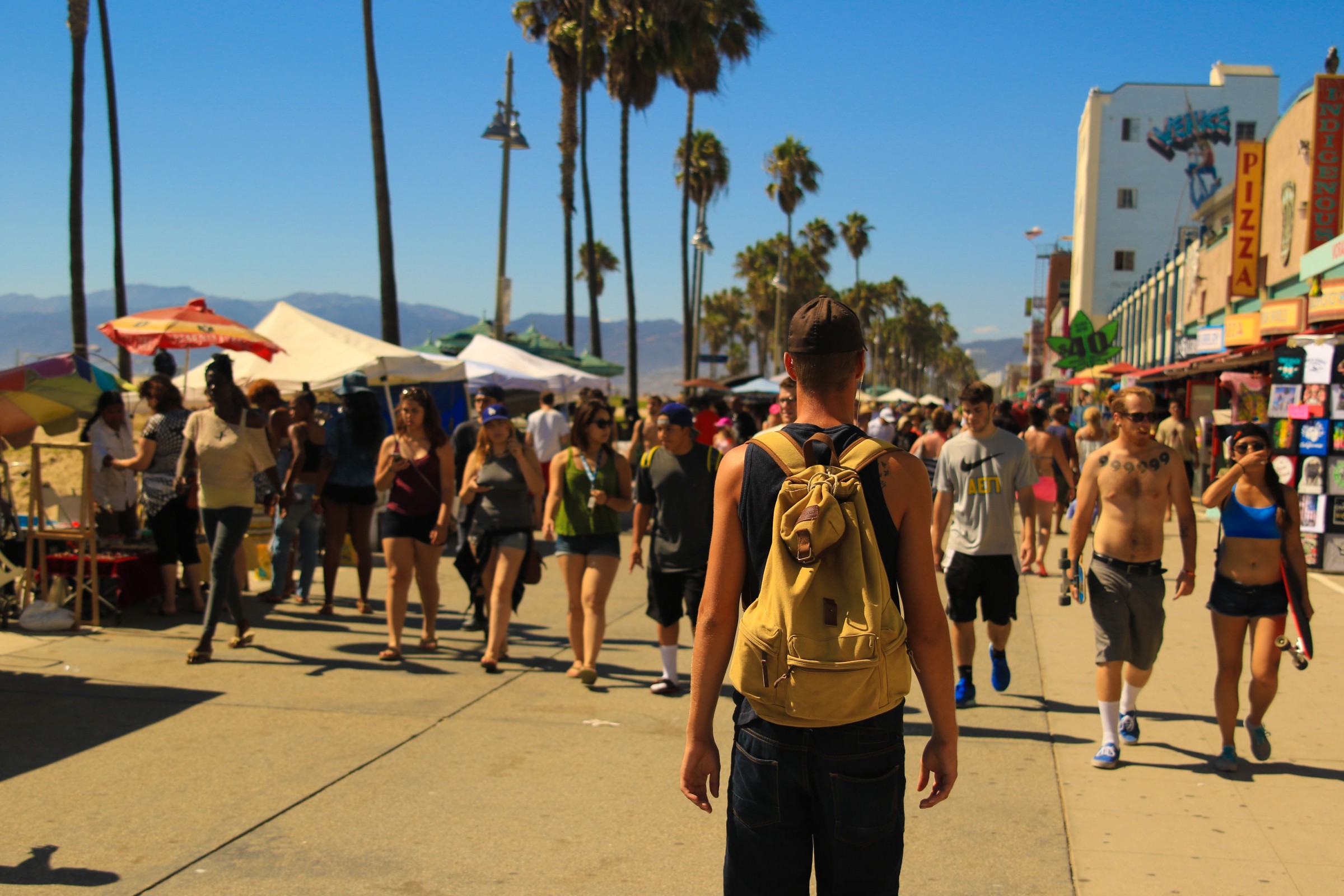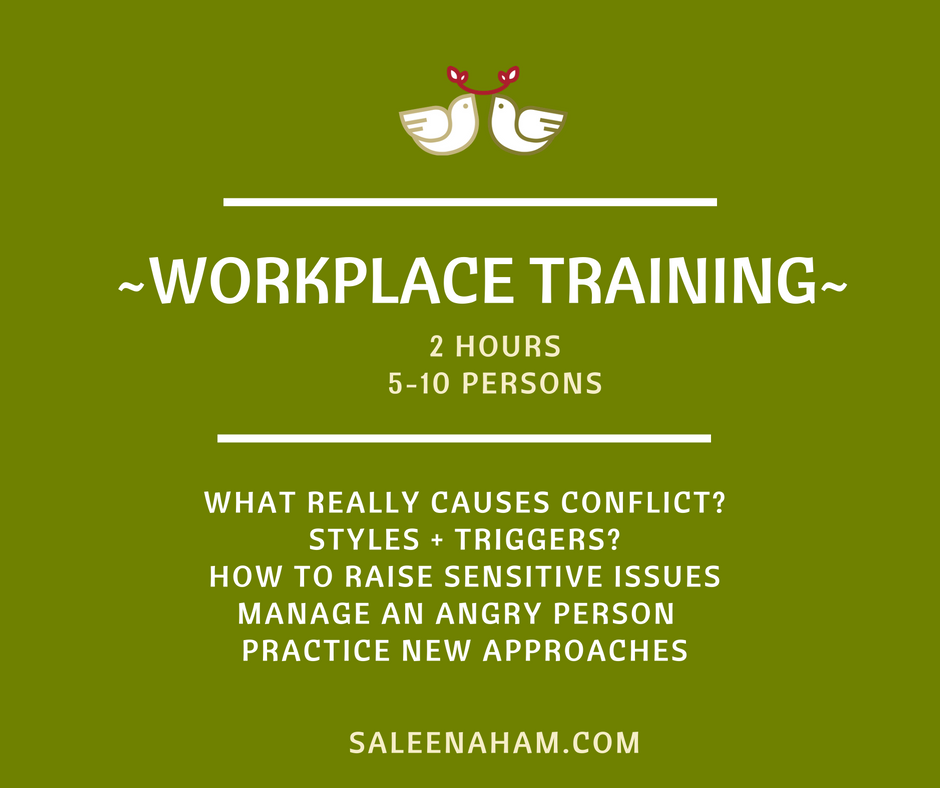Once a person has declared a public position on an issue, once they have announced that they are taking a position – it is very difficult to change their mind. This is an important, if not critical principle to understand when managing disagreement or alternatively, seeking to energise a protest. Or make a sale. Avoiding or achieving a public statement of position is very influential to what happens next.
It’s a psychological fact that we humans like to appear consistent between our positions, beliefs statements and actions. Especially our actions. It helps us make decisions about what we will buy, believe and support without the complexity and hard work of getting into the detail, every time. If I have worn a T-shirt opposing a particular Political Proposal, then I will be more likely to sign petitions on that issue, give money to a campaign against it and speak about it at my barbecues.
If I haven’t taken a public action on an issue, then I can afford to be more relaxed and considered in my views, in thinking about the issues and alternatives. But if I have consciously ‘hung out my shingle’ with a particular declared position or loyalty, then my compliance on that matter is pretty likely locked in. It becomes attached to my sense of identity and to some extent, it locks me in to a view or position.
The ‘shingle’ doesn’t have to be big. A small voluntary commitment can be enough – signing a petition, or putting a sticker on the back of the car, or even a small sign in the front yard. The research shows that People are more likely to do more to support that issue in the future, if they have undertaken a small thing like this, once. And surprisingly, this holds true, even if later, they seem to have made a mistake. Even if it rationally ends up being something other than they thought…people will justify their position, create reasons to hold the truth of that view. Instead of abandoning their mistaken or erroneous or flawed position, they will entrench. They dig in. To save face. Oppressed by a position that clearly is mistaken they are psychologically locked in.
Think climate change. Think evolution. Think the protestations of innocence of high profile persons clearly caught (and prosecuted) in indefensible behaviours. However, if there is coercion or incentive or no thought at all in the action, it doesn’t work the same way. It doesn’t have the same power. It has to be a personally conscious, willing statement or action of support – and then it is very powerful in committing people to a certain path.
This explains why it is so hard for anyone to hear views and opinions that are very different to their own. Once they have identified with a certain set of values or a position in relation to someone or something – it becomes exceptionally difficult for them to move. It becomes harder for them to believe anything other than their interpretation of an event or their beliefs about a person or group of people.
If they have a lot invested in their personal history of statements, actions and visible positioning then they have a lot at stake if they start to shift. It makes it difficult for them to accept an apology. It makes it difficult for them to accept concessions or gestures of peace-building because it confronts the perspectives they have developed. If they make space for these shifts, it may threaten the broader story – and that might threaten other aspects of belief, truth and value that are deeply necessary in holding together a sense of certainty.
Changing views and opinions that are embedded in identity takes more than rational explanation. It can be shifted by personal experience, personal reflection and a willingness to be open to new stories about a situation. It takes courage and time or a big intervention, an act of grace to change the mind (and heart) of people who have taken strong public positions.
Saleena Ham









